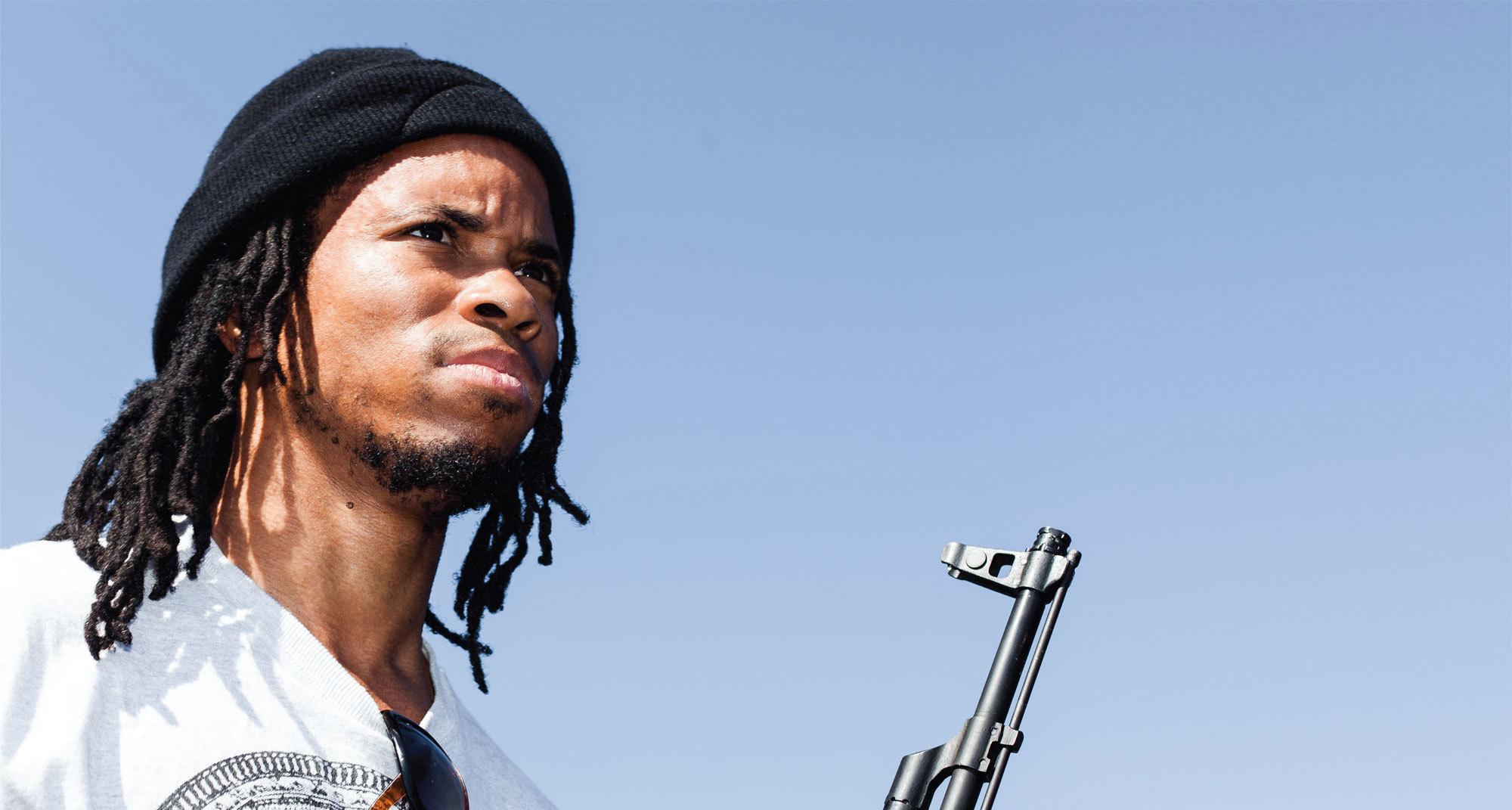______________________________________________________________
ORIGINAL POST: Why do people think refugee care is a "liberal" matter?
Person A: A better question might be, what does Jesus and Conservatism have to do with each other? The American Jesus has almost nothing to do with Biblical Jesus. Serving refugees is not liberal, it is Godly and righteous. Not serving refugees is against God's Biblic [sic] commands and is a reflection of a rotten plant, one destined for fire.
Person B: The two parties have split and become divided to the point that when one promotes something, the other feels the need to reject it. That and the playing on fears and internal nativism that has become a big part of the GOP. Before 2000, the environment wasn't a "liberal" matter, but since Gore was a huge promoter of environmental regulation it became one. Up until this election, refugees weren't as much of a liberal issue, but over the last four years (with fears started with Honduran refugees) they have become one. It seems to just be whatever your "team" wants and if you disagree, you are just expected to take one for the team.
ME: That's somewhat what I've been thinking [referring to Person A's comment]. On some issues I fall "left". Why? Because Jesus seemed to, so I feel like I have to. One some issues I fall "right". Why? Because Jesus seemed to, so I feel I have to. Am I not supposed to follow Jesus above all else?
ME: I don't mean to throw out my own mind, but priorities are needed. And I need to call good what Jesus called good.
Person A: I agree.
Paul says that if you want to live a Godly life, you will be persecuted.
Jesus was persecuted by the religious authority in his day. The same basic authorites that also killed all the prophets.
The religious authority today is American Christianity.
Anyone who wants to really follow Jesus today should expect "Christians" to be the primary source for persecution. These "Christians" are not our brothers and sisters in Christ, they are sons and daughters of satan, just as the Jews who persecuted Jesus in his day were.
This is hard to swallow, I get it. I am torn even writing it now but what other realistic conclusion is there?
This does not mean that every church or every christian is bad. There were Pharisees who followed Jesus while other Pharisees persecuted him. But it is interesting to note that Jesus was a little short with Nicodemus too.
I wonder if what blinds us to the truth is A) our basic belief that america is a christian nation and B) our trained loyalty to the church?
We struggle not with what we think we should do but with doing it because of those two. Maybe we have submitted ourselves to the wrong authorities (nationalism and Pharaseeism).
I have been reading Isaiah to the kids recently and have been impressed by how angry God gets over fairly simple things. God's anger in the first few chapters is over Isreal's [sic] empty sacrifices because of their continual sin. Their sin? They did not "defend the oppressed, take up the cause of the fatherless, plead the case of the widow" (1:17). This idea is repeated in 1:23.
The sheltering and welcoming of refugees should be embraced by every single Christian in this nation. The fact that it seems most Christians do not is a sign of their destruction not their wisdom.
ME: "The sheltering and welcoming of refugees should be embraced by every single Christian in this nation. The fact that it seems most Christians do not is a sign of their destruction not their wisdom." YES! A thousand times, YES!
Person B: Yes, Scot McKnight goes into this a bit here: Are you Pro-Life or Just Anti-Abortion? He's looking at how Catholics and evangelicals though they have similar issues with beliefs end up in different places.
ME: Kind of like government officials saying "The primary responsibility of government is to keep people safe". Do they only mean "terrorism", or do they mean making sure people have access to life-saving medical care? Or safe water? Or safe air? "Safety" is more inclusive than "terrorism".
Person B: Yes, and people seem to take those other things for granted now (or as in healthcare think they are something that needs to be a part of the market) But I think we can't separate it out like that without seriously neglecting other things.
Person B: I think this is the problem: whenever you elevate one issue above all others, you end up trapped by that issue in the end. Because all Trump has to do is losing claim to be anti-abortion (I doubt he could care less honestly) then he has evangelical support, because that has become the only thing that really matters anymore. Catholics on the other hand have a "pro-life ethic" which means that they look at it all, social justice, the environment, refugees, racial discrimination, education - and by and large end up in a different place. They are bound by a majority of issues together, evangelicals by one issue that is more important than all.




















![By Leonardo da Vinci (File:Última_Cena_-_Da_Vinci_5.jpg) [Public domain], via Wikimedia Commons](https://upload.wikimedia.org/wikipedia/commons/b/bb/Leonardo_da_Vinci_-_The_Last_Supper_high_res.jpg)

